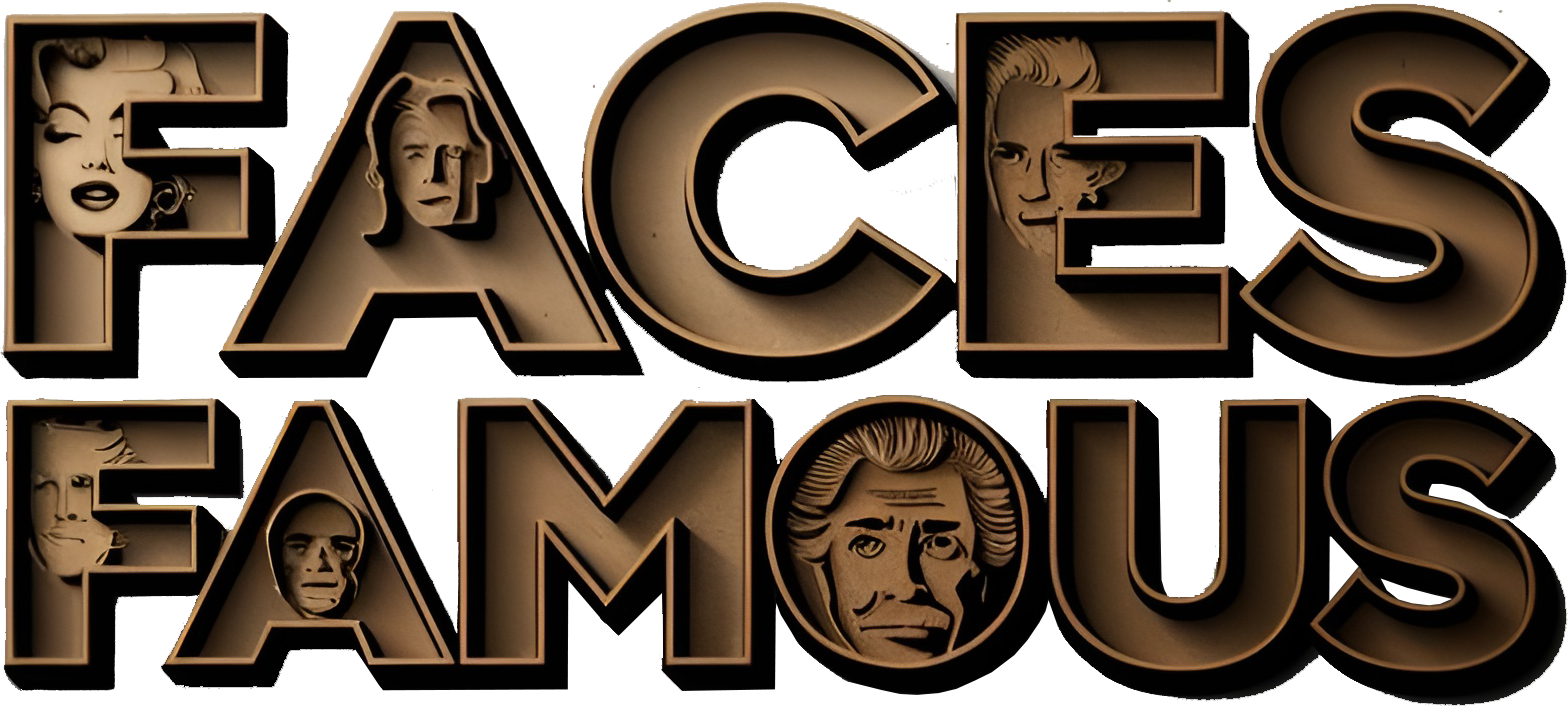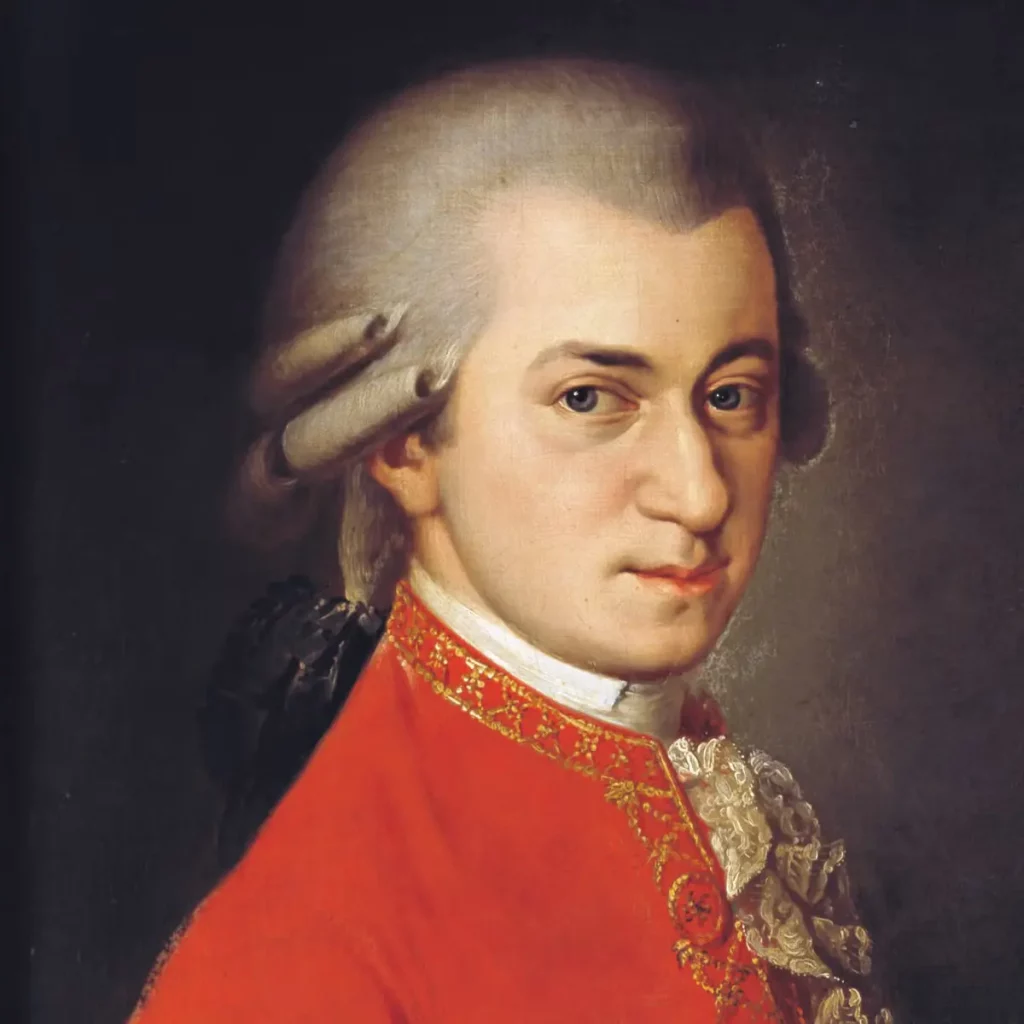Wolfgang Amadeus Mozart is widely regarded as one of the greatest composers in the history of Western classical music. Born in the 18th century, Mozart’s prodigious talent and extraordinary output shaped the Classical era and continue to influence musicians and audiences worldwide. His genius encompassed symphonies, operas, chamber music, piano concertos, and sacred music, leaving an enduring legacy that has stood the test of time.
Early Life and Childhood
Wolfgang Amadeus Mozart was born on January 27, 1756, in Salzburg, Austria, then part of the Holy Roman Empire. He was the youngest of seven children, though only two of his siblings survived infancy. Mozart’s father, Leopold Mozart, was a respected composer, violinist, and music teacher who recognized Wolfgang’s extraordinary musical gifts at a very young age.
From the age of three, Mozart displayed remarkable abilities on keyboard instruments. By five, he was already composing short pieces of music. His childhood was marked by extensive travel throughout Europe with his family, where he performed for royalty and nobility, dazzling audiences with his virtuosity on the harpsichord and violin.
Musical Training and Development
Leopold Mozart played a critical role in his son’s musical education, providing rigorous training in composition, performance, and theory. Wolfgang absorbed a broad range of musical styles, studying works by Baroque and early Classical composers such as Johann Sebastian Bach, George Frideric Handel, and Joseph Haydn.
During his youth, Mozart toured major cultural centers including Munich, Vienna, Paris, London, and Italy. These travels exposed him to diverse musical traditions and influential musicians, broadening his stylistic range and inspiring many of his early compositions.
Major Compositions and Achievements
Mozart’s oeuvre is vast, comprising over 600 works, many of which are considered masterpieces. His compositions are noted for their melodic beauty, structural clarity, emotional depth, and innovative orchestration. Some of his most famous works include:
- Operas: Mozart revolutionized opera with works like The Marriage of Figaro, Don Giovanni, and The Magic Flute. These operas blend dramatic storytelling, memorable melodies, and complex characters, showcasing Mozart’s ability to convey human emotion through music.
- Symphonies: His symphonies, such as Symphony No. 40 and Symphony No. 41 (“Jupiter”), display mastery of orchestral writing and form. These works remain staples of symphony orchestras worldwide.
- Piano Concertos: Mozart composed 27 piano concertos that highlight his virtuosity as a pianist and his inventive use of dialogue between soloist and orchestra.
- Chamber Music: His string quartets, quintets, and other chamber works reveal sophisticated interplay among instruments and profound musical conversation.
- Sacred Music: Mozart also created significant religious works, including the Requiem Mass (unfinished at his death), Mass in C minor, and various motets.
Style and Influence
Mozart’s music embodies the ideals of the Classical period: balance, clarity, and elegance. Yet, his work also exhibits remarkable emotional expressiveness and complexity. He combined the formal structures inherited from earlier composers with his unique melodic invention and dramatic sensibility.
His influence extends far beyond his lifetime. Composers such as Ludwig van Beethoven, Johannes Brahms, and Franz Schubert admired and were inspired by Mozart’s work. Today, his compositions are performed regularly worldwide and remain fundamental to classical music education and repertoire.
Personal Life
Despite his immense talent, Mozart’s life was marked by financial difficulties and health struggles. He married Constanze Weber in 1782, and together they had six children, though only two survived infancy. Mozart’s career was a mix of court appointments, freelance work, and public performances. While he enjoyed periods of popularity, he often faced unstable income and professional uncertainty.
Mozart died prematurely at the age of 35 on December 5, 1791, in Vienna, under circumstances that have been subject to speculation and myth. His death left many works incomplete, including the famous Requiem.
Legacy
Wolfgang Amadeus Mozart’s legacy is immeasurable. His music epitomizes the Classical style and continues to captivate audiences with its beauty, emotion, and intellectual depth. His life story as a child prodigy and creative genius has inspired countless biographies, films, and scholarly research.
Mozart’s ability to blend technical mastery with human emotion ensures his place as one of the pillars of Western music history. His works remain a vital part of concert halls, operatic stages, and music classrooms worldwide, preserving his influence for generations to come.



